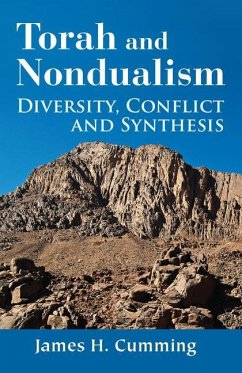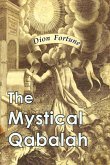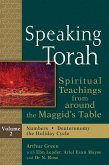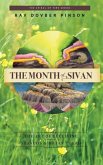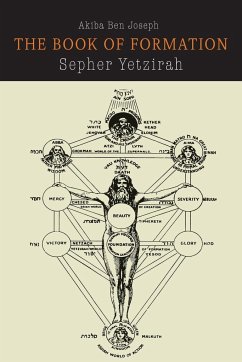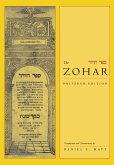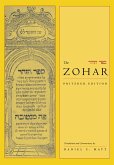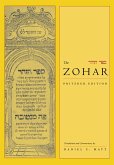"Torah and Nondualism is a commentary on the Pentateuch, written in the form of five essays-- one on each of the five books. It reconciles modern biblical scholarship with Jewish hermeneutical techniques recorded in the Zohar (13th century C.E.). Torah and Nondualism shows that the meanings these interpretive techniques reveal are so consistent and illuminating throughout the Bible that they must have been intended by the its redactors. By combining these traditional methods with modern insights, Torah and Nondualism uncovers hidden themes in the Bible that other commentaries have overlooked.Specifically, Torah and Nondualism discovers a syncretistic subtext in the Pentateuch aimed at reconciling two religious cultures: one rooted in Egyptian esoteric tradition and the other in Canaanite mythology and practice. In later times, these two religious cultures corresponded roughly to two rival kingdoms, Judah and Israel. The Torah ingeniously harmonizes this spiritual and political rift." --

